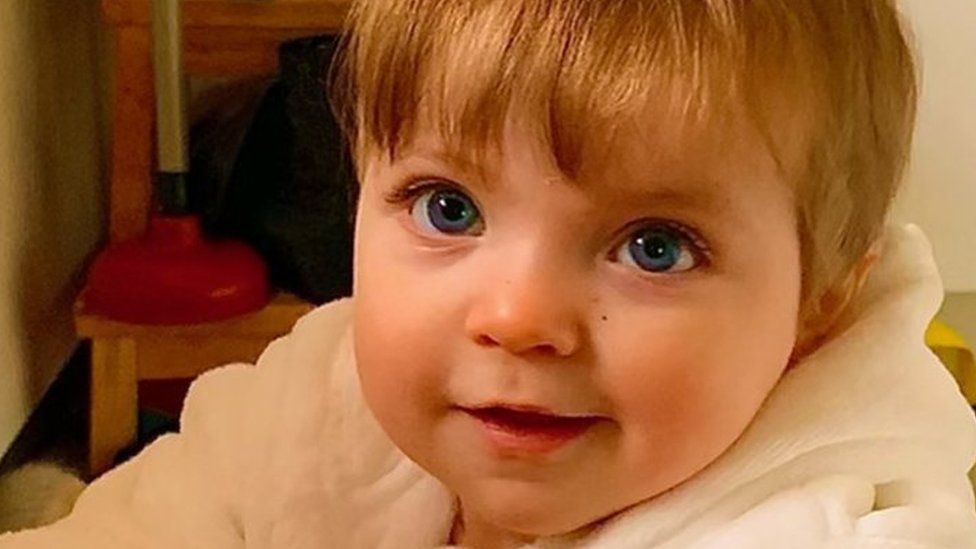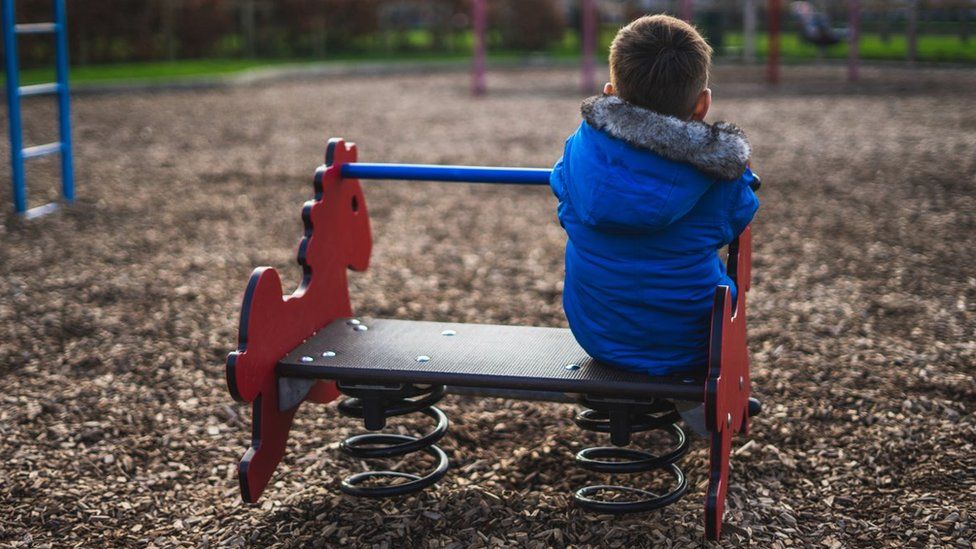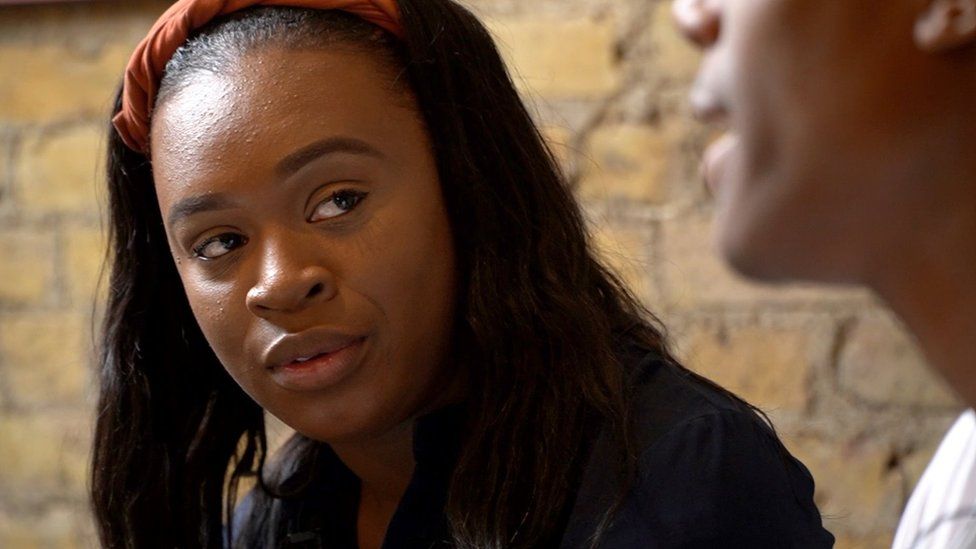
Child protection in England needs radical change to avoid tens of thousands more children being put into care, the lead of a major review says.
Josh MacAlister, of the Independent Review of Children’s Social Care, said the system was skewed to crisis intervention and struggling families needed help much earlier.
Outcomes for many children are “unacceptably poor”, he added.
The government said it was setting out initial changes to improve services.
But Labour and the British Association of Social Workers both blame government austerity measures since 2010 for stripping away early help services for vulnerable families.
The review of council-run children’s services in England follows the killing of toddlers Arthur Labinjo-Hughes and Star Hobson, who died in separate incidents in 2020. The trials of their killers highlighted the inadequacies of the system meant to protect vulnerable children.
A separate report on the failings in both cases is expected soon.
“I was always walking with a black bin bag,” says Henri Imoreh, of being moved from placement to placement five times during her first weeks in care at the age of 14.
Youth worker Henri, now 27, says the sort of early intervention recommended in the report could have transformed her life. Being in care “felt like a never-ending storm”, she says.
It disrupted her education, she was bullied and got into fights.
“Where is the support for families right at the start, when they’re struggling?” she asks.
She says: “There were so many moments in my childhood where my mum was suffering and nobody offered support… Maybe we wouldn’t have gone into care and maybe our stories would have been different.”
‘Inspiration and rage’
Mr MacAlister, the former teacher who led the government-commissioned review, told the BBC: “I’ve walked away from this feeling a mixture of inspiration at times – seeing what families have been able to do and where children have been able to get despite the circumstances – but also rage.
“Some of the things going on in the system are outrageous and are not acceptable.”
Mr MacAlister said there needed to be £2.6bn of extra funding over the next five years in order to shift the system to earlier intervention.
Without that, he said, the number of children in care – already at a record 80,000 – would grow.
“Carry on as we are and we’ll have nearly 100,000 children in care by this time next decade, and the costs per year will be £15bn [up from £10bn]… and it won’t be achieving better outcomes for anybody.”
He suggested that some of the money could be raised by a windfall tax on the 15 largest providers of residential children’s care and foster care, who he said had “done very well out of market failure” by capitalising on demand.
Key recommendations in the report include:
- new child-protection experts to ensure senior staff are directly involved in frontline decisions
- family hubs in schools and the wider community to provide “low-stigma, really intensive help”
- a new law protecting care leavers from discrimination
- young offender institutions, described as “wholly unsuitable for children”, should be phased out
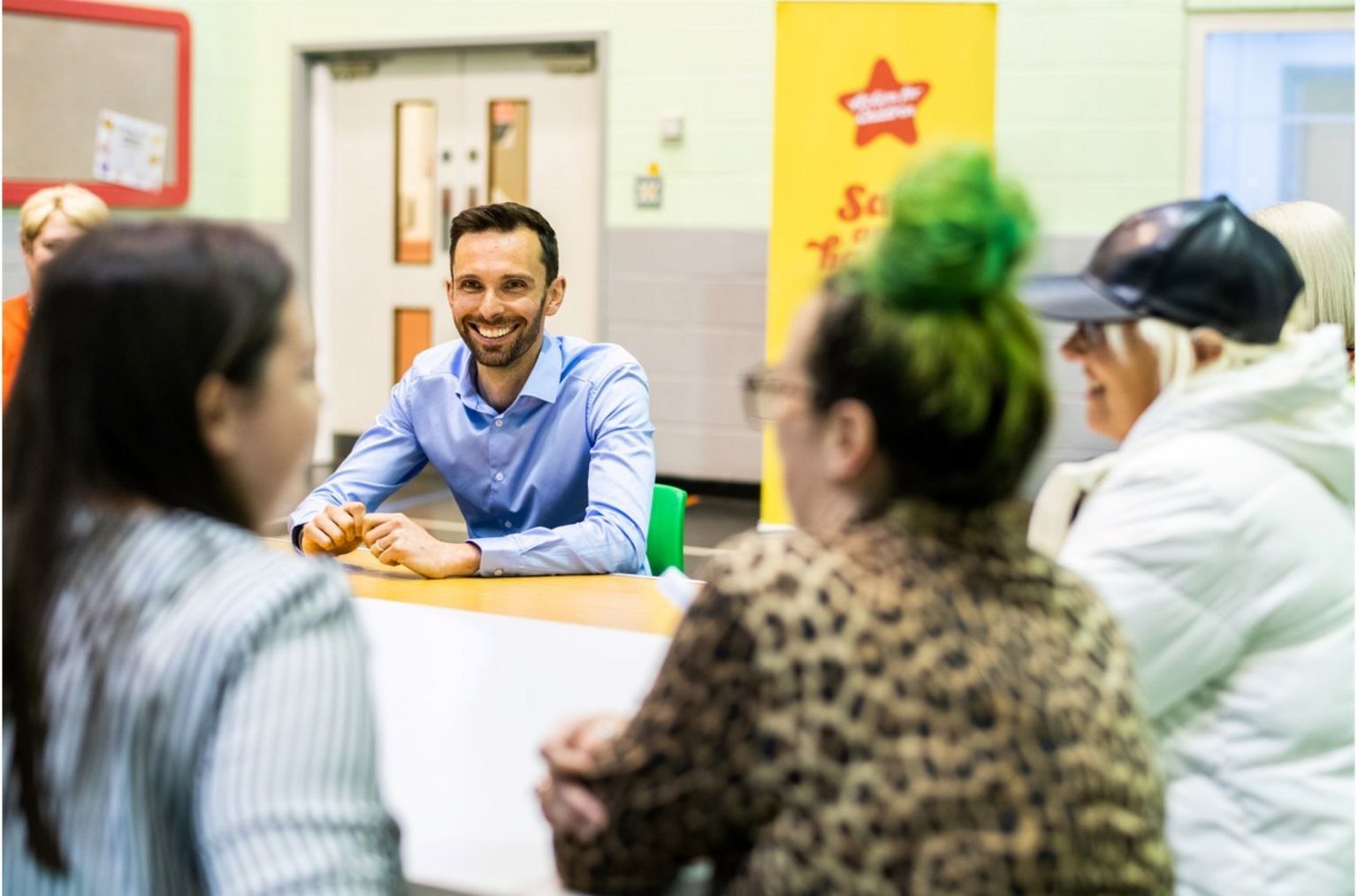
‘The hardest decision’
Another key recommendation is extra financial support for relatives taking on the care of a child to avoid them going into children’s homes, or being fostered.
“Children have told us, having been in care, that they desperately would have liked to stay with their grandparents or that uncle or family friend,” says Mr MacAlister.
But too often relatives’ housing is unsuitable or budgets won’t stretch to the cost of taking on an extra child, says the report, which argues for kinship carers to be paid the same amount as foster carers.
Lisa, whose baby granddaughter was adopted last year, wishes she could have taken her in instead – but she says the social workers who handled the case were “negative and nit-picking” and not on her side.
She already has a special guardianship order for the baby’s older brother, but when she applied for the second child, she was told that a condition was giving up her job to focus on her granddaughter’s emotional wellbeing.
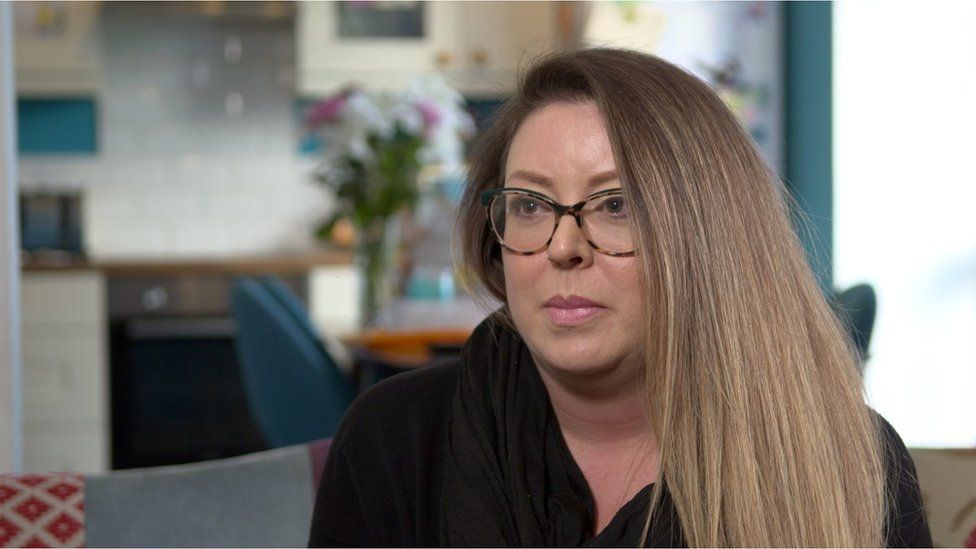
Losing her income would have plunged the whole family into poverty, so Lisa felt she had no choice.
“It was the hardest decision I’ve ever made… I think I will take to my grave whether it was the right one or not.”
Lisa says special guardians need better help.
“We are an afterthought. We don’t get the support that foster carers get. We don’t get the support adopters get – and yet we’re the most successful placements for a child. It doesn’t make sense.”
‘A journey to change’
In a statement, ministers said they were committed to “major reforms to improve the lives of England’s most vulnerable children and families”.
Initial measures set out by the government include:
- family hubs for “essential early support”
- an expert National Implementation Board to oversee “transformational change”
- a foster carer recruitment drive
- more funding for councils to keep vulnerable children in education
“This is the start of a journey to change the culture and dramatically reform the children’s social care system,” said Education Secretary Nadim Zahawi, who pledged detailed plans for “bold and ambitious change” within months.
Labour called the poor outcomes for children in care “a source of shame for our country and our government”.
“A decade of Conservative governments have stripped away the early help services that children and families rely on,” said Helen Hayes, Labour’s shadow minister for children and early years.
-
- 7 December 2021
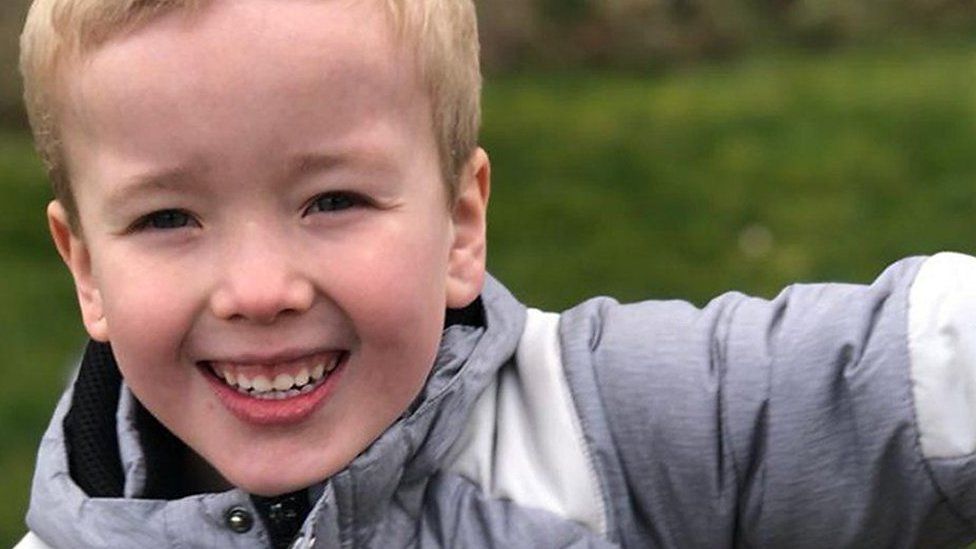
-
- 14 December 2021
